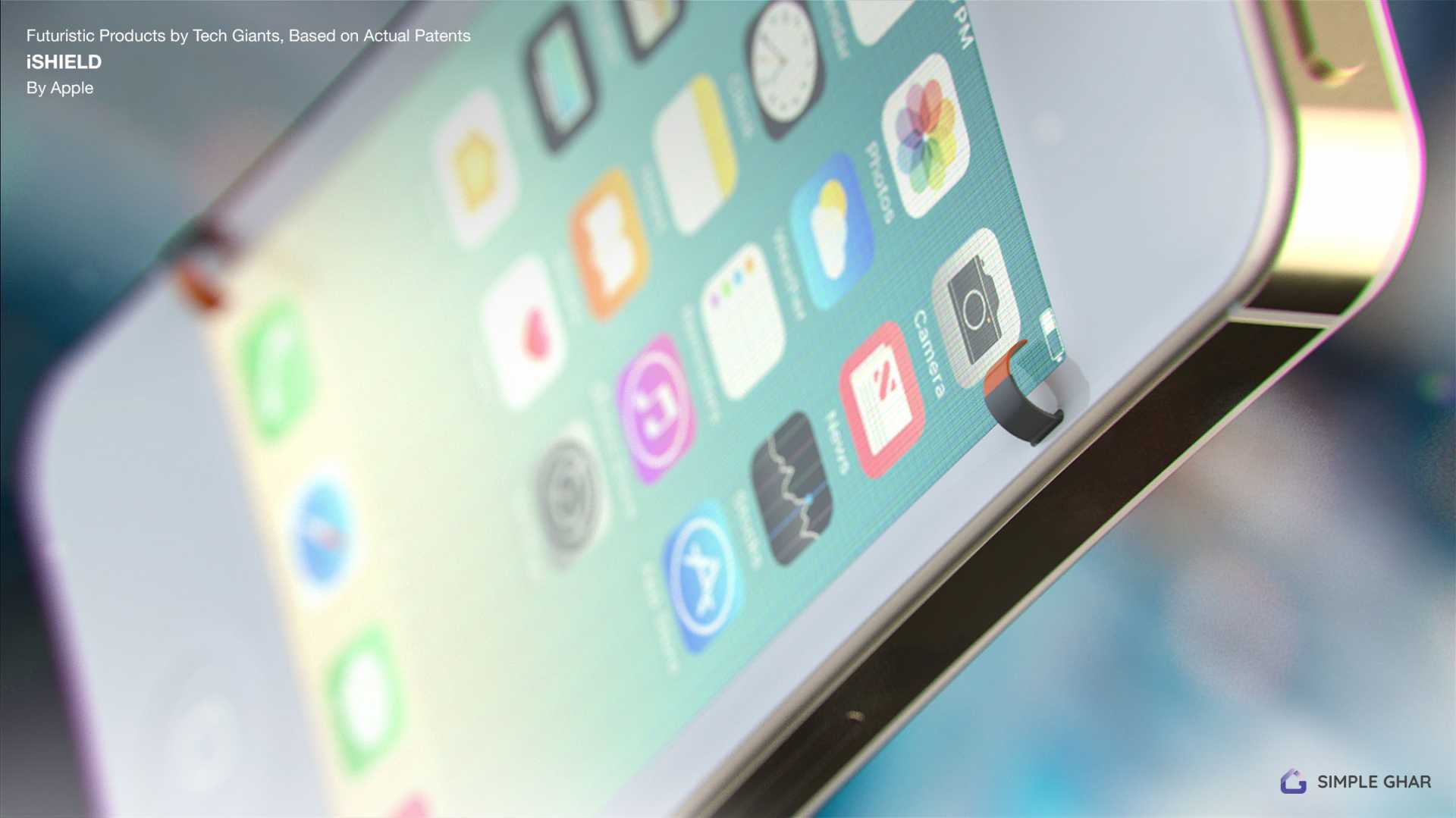Tech
Tech Giants Pursue Futuristic Devices to Replace Smartphones

Cupertino, California — Four major tech companies are exploring innovative devices that could potentially replace smartphones, signaling a shift towards advanced technology like brain implants and digital skin. Despite these ambitious endeavors, one industry leader remains committed to traditional mobile phones.
The tech community has been buzzing since companies began discussing concepts like direct neural interfaces and augmented reality. However, experts caution that widespread adoption of these technologies is unlikely to happen anytime soon. Many of these proposed products are prohibitively expensive, with some costing thousands of dollars.
Current augmented reality glasses, for example, retail for about $5,000, making them accessible mostly to affluent users and businesses rather than the general public. This trend has raised questions about the practicality of replacing smartphones with such high-cost alternatives.
Apple, which holds a leading position in the smartphone market, is focusing on more affordable products. According to analysts, a $1,000 smartphone is a more realistic option for most consumers compared to emerging technologies that may remain out of reach. “In this case, Apple is right to pursue what people can afford,” said one technology analyst.
Meanwhile, other companies are promoting the end of the smartphone era, but experts believe that while some cutting-edge technologies may eventually find a place in society, they are still far from being mainstream products. It often takes a comprehensive user experience to create successful tech solutions, something Apple has historically excelled at.
Several voices within the community have expressed skepticism about the safety and practicality of implanting technology directly into the human body. Concerns about the risks involved, including physical harm and the potential for malfunctions, have led many to reject the idea outright. “Having technology directly fused into the human body is not a good idea!” said a concerned individual.
As debates continue over the future of personal technology, it remains clear that the transition away from smartphones will not happen overnight. While innovative concepts emerge, the complexity of user acceptance and experience will significantly influence their success in the marketplace.












